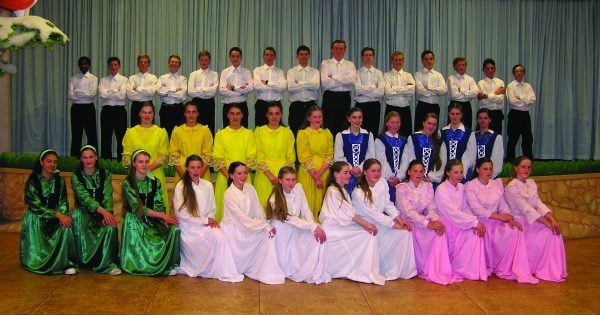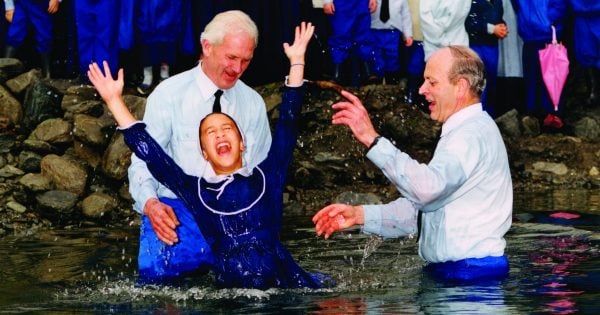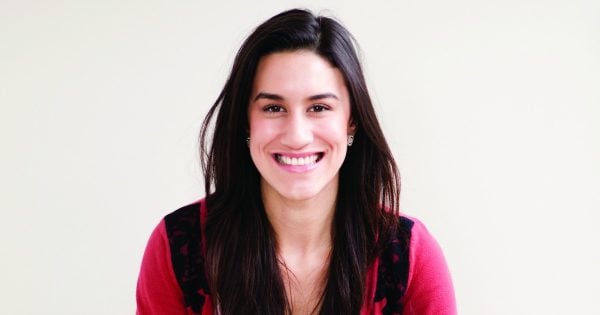
Below is an extract from Lilia Tarawa’s recently released book, Daughter of Gloriavale: My Life Inside a Religious Cult. During the early years of her life, Tarawa and her entire family were part of the Gloriavale Christian community in New Zealand, where they were home schooled, worked as free labour within the community and were expected to marry at 16 so that they could begin procreating.
Babies were a big part of life in Gloriavale. Birth control and abortion were strictly forbidden and we were proud of how we didn’t murder children in the womb like so many people in the world.
Grandad was very fond of bragging that we had the biggest families in New Zealand. He liked to show visitors a photo he’d taken of all the children who were number three or more in birth order, saying ‘None of these children would be here if their parents had practiced birth control and didn’t have a faith in God.’
A favourite sermon of his was to preach about how lucky we were to have been conceived by Christian parents. He’d say, ‘Guess where the most dangerous place in the world is. It’s not on the road in cars. It’s not flying through the air in planes. It’s in the womb of an ungodly woman.’



